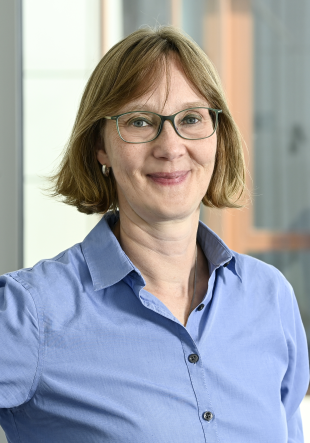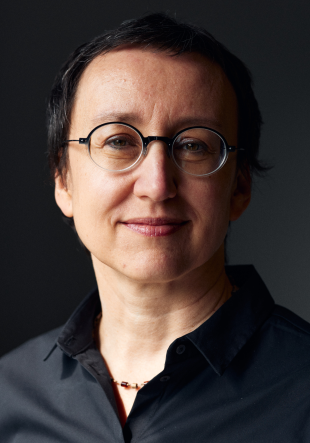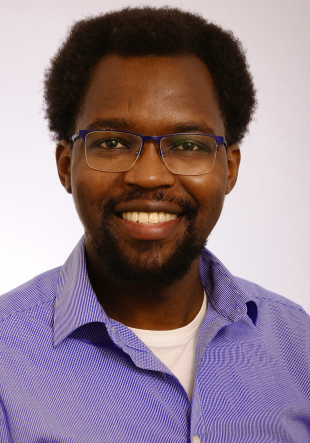TRR 318 - Adaptive Explanation Generation (Subproject A01)
Overview
While explaining something, people generally take their conversation partner’s reactions into account and adapt their explanation accordingly. In Project A01, researchers from linguistics, psychology, and computer science are studying two components of this adjustment: cognitive adaptivity and interactive adaptivity. In cognitive adaptivity, the person doing the explaining has a pre-conception of their counterpart, which then changes during the explanatory process. This is referred to as the partner model. Interactive adaptivity refers to how the explainee adjusts their formulations of the explanations as the dialogue unfolds. The interdisciplinary team of researchers is investigating how both of these forms of adaptivity are interconnected, and how for instance the partner model can be used as a means for adapting formulations. The team will observe and interview approximately 300 interlocutors engaged in explanatory situations. Researchers are now working to develop a dynamic computational model of adaptive explanation based on this data.
Key Facts
- Grant Number:
- 438445824
- Project type:
- Forschung
- Project duration:
- 07/2021 - 12/2025
- Funded by:
- Deutsche Forschungsgemeinschaft (DFG)
- Website:
-
Homepage





